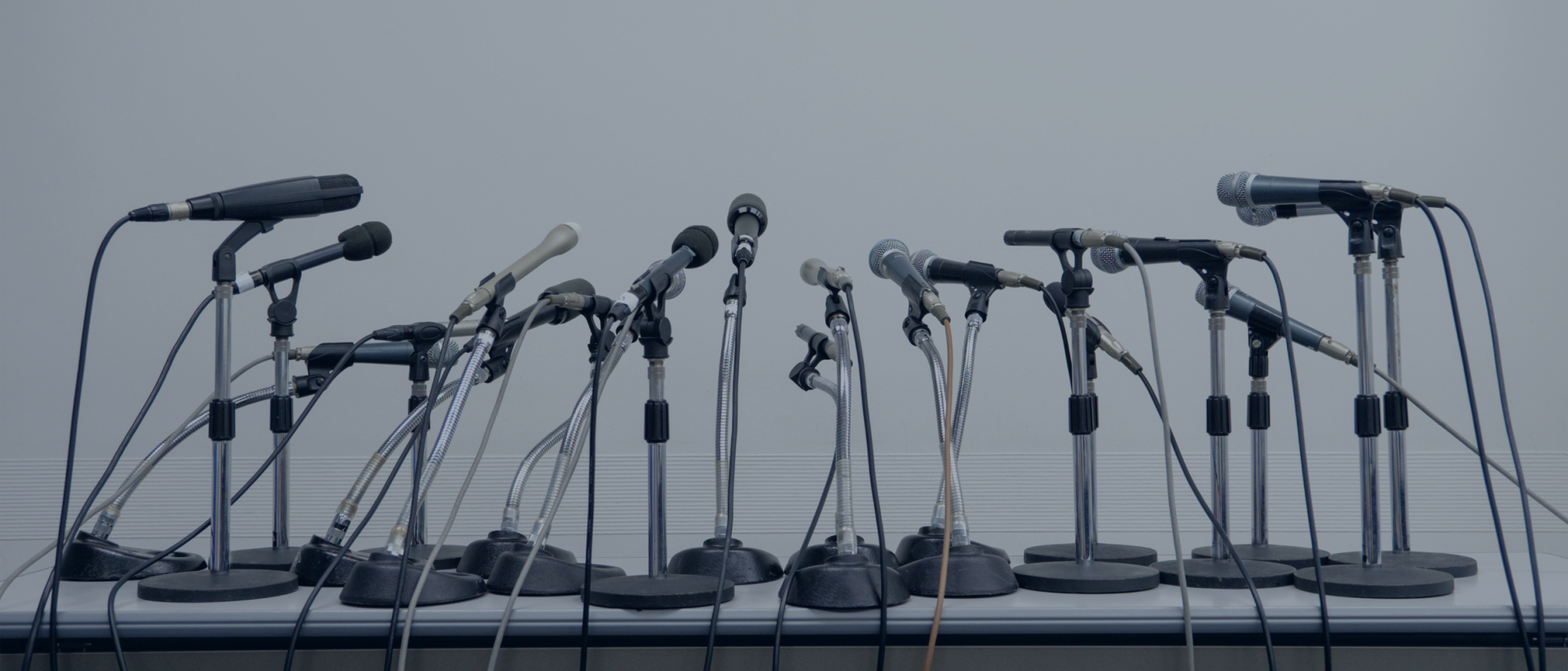The Romanian public’s trust in the media has decreased from 80% in the 90s to 32% in 2023, which is the lowest level of trust registered so far. Meanwhile, the Romanian press seems to live in two realities. A part of it successfully attracts public money from political parties or from advertising contracts allocated by public institutions. Another part makes efforts to get donations, grants, or commercial advertising contracts. Challenges include blocking information of public interest and SLAPP intimidation lawsuits. These conclusions are included in the report titled “The State of the Media in Romania on the Eve of the Super-Electoral Year 2024” compiled by the Independent Journalism Center in Romania.
“2024 found the Romanian press at one of its most difficult stages. What started as an apparent form of support for media outlets in 2021 – the Government offering public money for information campaigns on the sanitary activities during the pandemic – turned, due to increasing amounts non-transparently received from the parties, into a systemic vulnerability which shatters the media from within,” Cristina Lupu, IJC Romania executive director, mentions in the report.
The report reveals that, in 2023, Romanian political parties spent 24.5 million Euros from the public subvention granted to the parliamentary parties for the press and propaganda category, which was twice as much as the budget spent in 2021 for the same purposes. However, it is unclear how this money was spent, because the parties refused to make these expenses public and, according to the materials documented by the journalists, millions of Euros go non-transparently to certain websites as payment for the content which is not even marked as advertising.
Alongside with non-transparent media financing, journalists in Romania are increasingly faced with public harassment, denigration, and a long series of lawsuits which consume their time and money and also add pressure on the newsrooms.
The report and interviews with journalists included in it reveal that this profession is heavily influenced by fatigue, the lack of financial resources independent of political or economic constraints, unavailable information of public interest, political or commercial takeover of the mainstream media, dependence on social networks, and the way new tendencies of information consumption, harassment, lawsuits, and insufficient protection of journalists.
A feature emphasized by the interviewees in the report reveals that the media in Romania abounds in press releases presented as news items, without providing any context or any questions from the journalists. In addition, as newsrooms try to get as many views as possible, and few journalists have to cover diverse spheres, news items are often simple presentations of facts or statements, without any context to explain to citizens how a particular information could affect their lives.
The phenomenon of deprofessionalization could also be added to this list. “Some newsrooms have closed, many experienced journalists have left the profession, no specializations in particular fields exist any longer, and young people rarely find their place in newsrooms. Editors-in-chief complain that they are poorly trained, unwilling to make true efforts, and demand salaries impossible to find in the media, at least for a journalist with their level of experience. Young people say they need wages which could allow them to survive, but above all, they need some jobs which bring them satisfaction, they dislike the idea of being treated as human versions of ChatGPT,” the report states.
“There are still many good journalists in Romania; they do their job with respect for the audience they inform and with passion for journalism. They are definitely harder to find, mostly because drawbacks are always more obvious than any advantages. They are also better organized. But judging by payments for content, by the reactions we see when journalists are attacked or harassed, by the sanctions from politicians who use the press as a tool of manipulation, we can see that they will remain some sort of ‘islands’ of journalistic survival, from which, hopefully, a media industry which works for the mission (and arsenal) of the fourth power in a democracy will finally emerge,” Cristina Lupu concludes in the report.
